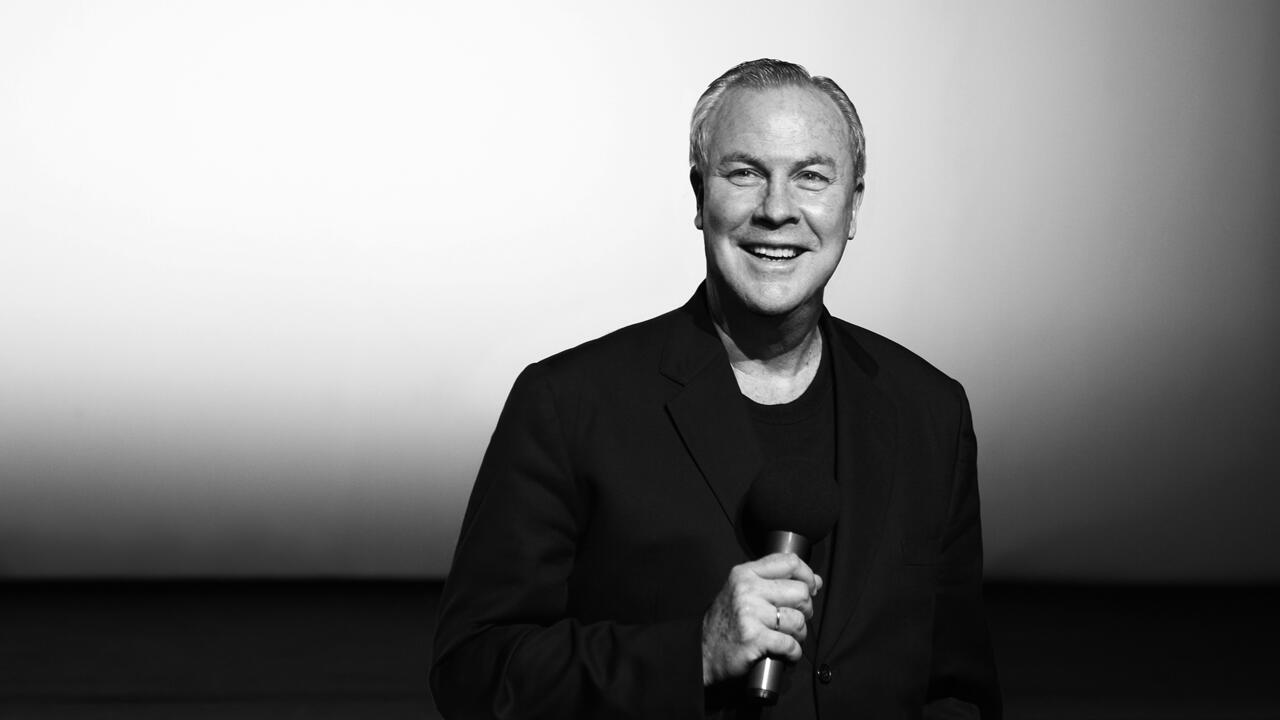Under A Cloud
SoundCloud has been invaluable to the new music community for both documentation and discovery – now the audio-sharing platform is in peril
SoundCloud has been invaluable to the new music community for both documentation and discovery – now the audio-sharing platform is in peril

SoundCloud, the so-called ‘YouTube for sound’, is in trouble. A month ago the audio-sharing website laid off 173 employees (around 40% of its workforce), at the same time closing offices in London and San Francisco. On 11 July an all-staff video-conference was held, to reassure those remaining of the company’s current position. At the meeting SoundCloud’s founders, Alex Ljung and Eric Wahlforss, are said to have admitted that even with the layoffs the site may not have enough money to survive beyond September. The news, reported on technology website TechCrunch, sparked a brief online panic as stakeholders from deadmau5 and Chance the Rapper, to the Internet Archive fired off responses to its possible demise.
In TechCrunch’s words, ‘the world’s biggest collection of bedroom remixes, garage recordings, living room podcasts, basement and all other manner of home-made sound’ is at risk. Yet within culturally marginal yet still professionalized areas of music, such as composition, improvisation and electroacoustic music, SoundCloud is neither a flea market of amateur curios nor a shop window for aspiring pop stars but part of a distinct, extra-commercial music-making economy.

In the past, publishing has been the traditional support channel for composers, for both prestige and income: royalties are earned through performances and licensing, and a little extra might be made through sales of scores themselves. However, the advent of desktop publishing and online media has affected music publishing no less than other media, and composers have found it easier and more satisfactory to act entrepreneurially on their own behalf. The decline in the importance of publishers has coincided with a rise in the number of active young composers, and a longer historical decline in public interest in contemporary music. Together, these factors make for a scene that is vigorous, community-driven and innovative, but almost completely marginal.
Such a scene – thinly spread yet global in reach – needs a platform on which it can share its work easily, cheaply and at high quality. This is where SoundCloud excels. I emailed a number of composers and performers to ask what led them to share their work on the site. The story is familiar from any social media start-up: SoundCloud became the de facto choice through a combination of usability, luck and sheer number of users.
‘One benefit to SoundCloud is that the new music community seems to have agreed that it will be our go-to platform for posting music’, says the Harvard-based composer Timothy McCormack. ‘That allows for more of a sense of connectivity, community and familiarity of interface.’ Specifically, composers appreciate the site’s simple interface, smooth embedding options, community features, high quality sound and data analytics.

Not every composer posts on SoundCloud (and most who do are unpublished). Yet its legitimacy extends beyond musicians to funding bodies, competition organisers and other official institutions. ‘It has just been so widely recognised as a Thing by The Powers That Be’, says the clarinettist Heather Roche, a member of Cologne-based ensemble hand werk. This has made applications – which often require a supporting portfolio of recordings – simpler. Much easier to email a series of links than burn and post a hard-copy CD-R.
In new music, where almost no money is made from recordings, SoundCloud is more valuable as a source of documentation, portfolio, discovery and community. Most recordings are of live performances, and a SoundCloud post may be the only documentation of a work’s realization. For a critic like me, interested in music’s cutting edge, it is an extraordinary gift. (Imagine if something like it had existed for the performance art of the 1960s.) Mauricio Pauly, director of Manchester’s Distractfold ensemble, notes that the site is one of his main tools for curation – investigating composers the group would like to work with, and finding new composers. ‘I believe it is here where we’d miss it most if it does go under’, he tells me. For McCormack, sharing his music is about adding value to a community: ‘It makes me feel like I’m not obfuscating my own output for those who may listen. I would have loved to have had the output of whichever composer available to me so easily when I was younger.’

Most composers on SoundCloud are still young (under 40-ish) but two users outside of that bracket are the British composer Richard Barrett and Canadian Marc Sabat. Both have posted large amounts of their work. Barrett left his publisher United Music in 2011 and has self-published ever since; Sabat runs an independent publisher, Plainsound Music Edition. Both note the political dimension to distributing recordings of their music for free through SoundCloud. ‘Many of the problems we see in the world are the result of people being paid for owning things rather than doing things’, Barrett observes. ‘If I don’t make this material available, someone else will, and they won’t take as much care over it as I do.’ Sabat sees the act of posting his work as ‘a kind of creative barter, providing my own creation to the pool and having the right to share in others’ creation…I like people and institutions to pay me for my work, but once it is made it is there to be heard and enjoyed; it has already been created.’
Since that 11 July meeting, SoundCloud has denied it is in financial difficulty. Three days later Ljung posted a defence to the SoundCloud blog: ‘There’s an insane amount of noise about SoundCloud in the world right now. And it’s just that, noise. The music you love on SoundCloud isn’t going away…SoundCloud is here to stay’.

Nevertheless, there’s no noise in a vacuum, and an altered future for SoundCloud is already emerging. On 12 July, SoundCloud’s PR admitted the company was in talks with potential investors. On 1 August Bloomberg reported that it was close to selling stakes to the Raine Group (a boutique bank) and Temasek Holdings, Singapore’s state-owned investment firm. Both have track records in the creatively leftfield: Raine has invested in Vice Media; Temasek last week led a USD$75 million dollar investment in Impossible Foods, the Silicon Valley company behind the plant-based ‘Impossible Burger’.
What may come of these talks is unclear, yet the site’s value to marginal music is unlikely to be a consideration. None of the types of value that SoundCloud offers its new music users is easily monetizable. It’s an incongruity of the online economy that something as tiny as the new music ecosystem should be subject to the vagaries of multi-million-dollar corporate deals.

New music has long been an artform without a medium of its own. It has no white cubes, no black boxes, no saddle-stitched hardbacks. It has to piggyback, sometimes uncomfortably, on more commercial formats – whether the symphony hall designed for the 19th-century orchestra or the streaming music site for bedroom DJs and pop hopefuls. Gigs take place in repurposed not purpose-built venues: churches, galleries, bars, car parks. Even the CD is not new music’s natural home. Once a recording is locked into the copyright controlled but poorly distributed market for new music CDs, it ironically becomes less accessible, not more.
Should SoundCloud disappear, the new music community will find a replacement. It is small, resilient and conditioned to adversity. Still, as Barrett reflects, ‘It would be nice if there were a site more oriented towards less commercial music, so that the kind of thing I’m doing doesn’t have to exist on the margins of something else, as it so often does.’
Main image: Nimbus, 2016, visual concept design, Walt Disney Concert Hall, Los Angeles, presented by the Los Angeles Philharmonic, performance installation by The Industry; concept and direction by Yuval Sharon; music and sound design by Rand Steiger; visual realization by Patrick Shearn. Courtesy: Patrick Shearn





















